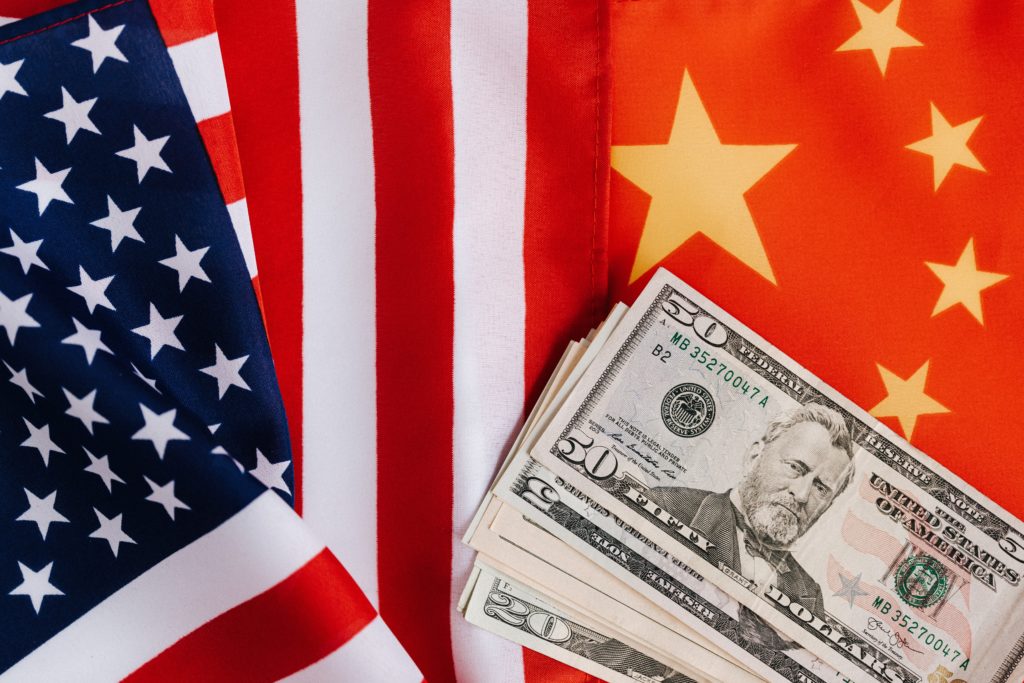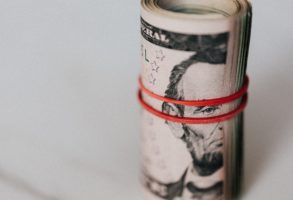
Published May 25, 2021
Over the past 20 years, cheap labor costs and heavy regulation have driven the majority of long-established American pharmaceutical manufacturers to move their operations overseas in order to stay competitive and avoid FDA inspections. With those moves, thousands of highly-skilled American scientists have lost their jobs.
China has aggressively underpriced its products to such a point that it has now made itself the exclusive supplier for critical ingredients for dozens of crucial pharmaceuticals, including: antibiotics, diabetes and heart-disease drugs, and high-blood pressure medicine. Even India is dependent on China for raw ingredients. Essentially all generic drugs — which account for at least 90 percent of the drugs dispensed from pharmacies — rely on raw pharmaceutical ingredients originating in China, according to testimony given at a 2019 house energy and commerce hearing.
There is an enormous national security risk to relying on geopolitical adversaries like China for America’s life-saving drugs. This is similar to the risk that both the Republican and Democrat parties recognized with respect to our energy supplies, where a renewed focus on domestic production enabled the U.S. to become a net oil exporter by 2019. The move to energy independence created good paying jobs for thousands of Americans.
Pharmaceutical independence is just as crucial as energy independence for our national security and geopolitical autonomy. A communist dictatorship like China is well-seasoned in the art of dishonesty from China’s manipulation of the World Health Organization to its arresting and silencing of scientists who tried to sound the alarm about the international spread of the 2019-nCoV pandemic. With a large percentage of Chinese manufacturing plants being government-owned, it is easy to imagine China once again adulterating pharmaceuticals,either intentionally or though incompetence, and halting its pharmaceutical shipments to the United States. America’s precarious dependence on China could lead to a pharmaceutical embargo not unlike the OPEC-led petroleum embargo that Americans experienced during the late 20th century.
It has become commonplace for politicians with incomplete regulatory and healthcare knowledge to repeat talking points about “drug pricing” — but these same politicians never mention “drug quality.”
Current FDA regulations seem rigged to induce drug companies to produce cheap and low-quality drugs in China and India. These outdated regulations subject domestic drug manufacturers with frequent, unannounced inspections. In contrast, for inspections that occur in China and India, the FDA must provide advance notice and request permission to visit since they are government employees traveling on official business to a foreign nation. Such requests often take several months to be granted — by which time the advantage of an unannounced inspection is lost.
Even with advanced notice, overseas FDA inspection reports still detail egregious violations, widespread incompetence, maliciousness and indifference to the FDA’s established manufacturing, sanitary and quality control standards.
With the 2019-nCoV still restricting travel worldwide, our FDA inspectors aren’t even able to conduct their “pre-announced” inspections of Chinese and other overseas facilities. Combined with the massive size of these facilities and the substantial language barrier, (both spoken and written) these inspections have always been unfair as compared to those at North American and European manufacturing facilities.
Most Americans would be shocked to hear that the FDA does not currently perform any of its own independent checks in the form of real-time “release testing” (RTRT) of drugs imported from foreign countries to certify that they contain the proper milligram strength and are uncontaminated. Pharmacists and physicians are still living in the 1980s when all pharmaceutical manufacturing was in-county, conducted by accredited staff and under the watchful eye of the FDA, and aren’t taught to be concerned about the quality of drugs they prescribe and dispense. When adverse events or unanticipated clinical responses emerge, they don’t consider the possibility of shoddy quality; they instead take the listed milligram strength as sacrosanct, and take quality as a given.
Despite well-known quality and purity issues, large chain pharmacy buyers and Pharmacy Benefit Managers (PBMs) only seem interested in cost when it comes to fulfillment of their insurance contracting requirement. Chain pharmacies and PBM insurance companies are quite content giving their insured patients the absolute cheapest Chinese-made generic drugs they can find, FDA overseas violation reports notwithstanding.
Additionally, existing FDA pharmacy labeling regulations do not provide American consumers with transparency about the source of their pharmaceutical products. The current consumer labeling on prescription drugs does not disclose the name of the manufacturer of the finished product or the country of origin of the active pharmaceutical ingredient. As a result, PBM insurance companies exclusively reimburse according to the lowest price and thus effectively forcing pharmacies to use the cheapest overseas pharmaceuticals available.
In my next piece, I’ll discuss state-of-the art methodology that the FDA should be implementing to assure America’s drug safety for you and your loved ones.
Until then, please send some positive energy to my red-nosed Pitbull and best friend Cinnamon, who should be having her 10th birthday today, but is instead in a veterinary hospital and very ill, having suffered through a terrible series of idiopathic seizures yesterday afternoon and evening. Thank you!!
David Gortler is a Fellow at the Ethics and Public Policy Center





